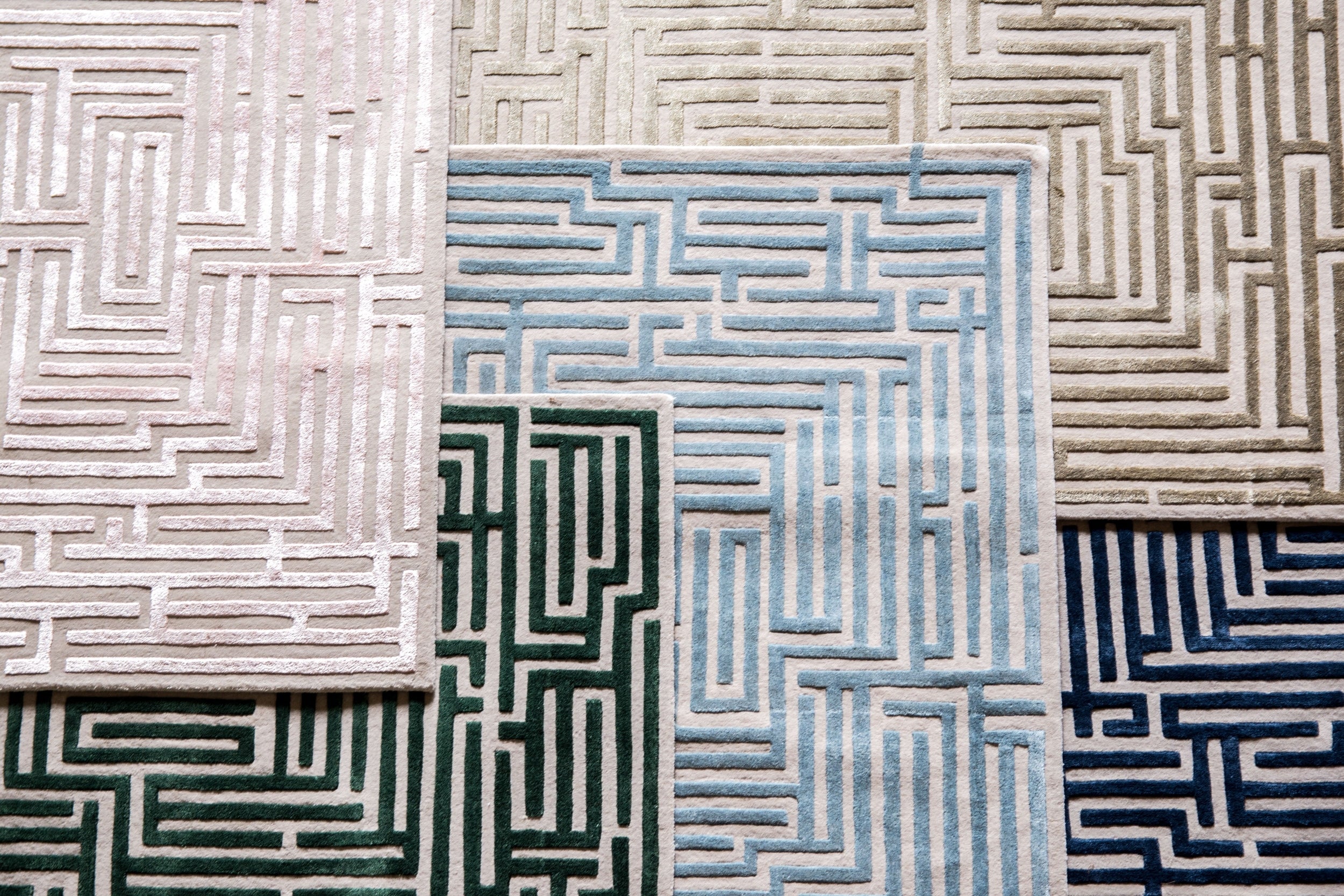Why Pouring Grease Down the Drain Is Never a Good Idea
As you may know, there’s currently a ton of information out there about grease and its potential negative impact on your health.
With this being said, it’s impossible to imagine foods like French fries, hush puppies, and fried chicken without using grease—there’s just something absolutely delicious about fried food, and this means using grease.
However, what do you do with grease after cooking? If your answer is to pour it down the kitchen drain, go ahead and have a plumber on standby. Pouring grease down the drain is just as bad for your plumbing as it is for your health.
Grease Is Never Entirely Gone From the Drain
Hot grease is a thin liquid that glides smoothly and easily along. When heated, grease flows as easily as water—however, the keyword here is heated.
Eventually, the grease cools, and you're left with a congealed, solid mess. Just imagine what this congealed lump is doing in your drain. You may not experience problems for days, weeks, or even months, and the grease may even make it into your water lines before solidifying.
A solid lump of grease is going to cause problems regardless of whether it’s stuck in the drain or farther down in the lines. If it’s in the drain, get ready for some foul odors. Old, solidified grease isn’t something you want to smell in your kitchen. Even if the grease is in the lines, foul odors are still common.
The grease can also stick to pipe walls, effectively blocking water flow. Now, your drain is backing up, and a grease clog isn’t easy to remove.
In fact, most homeowners quickly discover it’s not a DIY job. Instead, you’re probably going to need to call a professional plumber to remove the grease from the sink drain and water lines.
In other words, a bottle of liquid drain cleaner or a wire snake probably isn’t going to be an effective solution to your grease clog.
Grease in the Sewer System
You may think you’re fortunate if the grease makes it through your drain and water lines. Now, it’s in the sewer and how much trouble can some grease really cause? The answer may surprise you.
Chances are, you’re not the only one in the neighborhood pouring grease down the drain. When all of the grease ends up in the sewer system, you typically end up with something known as a fatberg. Yes, this is an actual term used to describe grease balls in sewer systems.
Grease eventually breaks down to form fatty acids, which can bind to the calcium deposits found in most sewer systems. The fatberg grows gradually as more grease enters the sewer system, eventually resulting in a giant and messy clog.
An example of a fatberg disrupting an area’s water supply occurred in the British town of Sidmouth. In 2019, a fatberg formed with an impressive measurement of 210 feet. A sewer repair team spent eight weeks removing the fatty clog.
How to Safely Dispose of Grease
Since the thought of a massive fatberg creeping down your street is probably sending chills down your spine, you know to avoid pouring grease down the drain. So, what do you do with the leftover grease? The answer typically depends on the type of grease.
If you’re using cooking oil, like olive, sunflower, or coconut oil, for example, grab some paper towels to wipe up the excess before washing the pan. You can safely toss the paper towels in the trashcan. If you have a lot of leftover cooking oil, grab a disposable bottle with a lid, like an old plastic water bottle. Pour the oil into the bottle, screw the lid on tight, and toss it in the trash.
When you’re dealing with cooking grease, walk away from the pan until the liquid has solidified. Now, grab a spatula and some paper towels to get the solidified mass out of the pan. Go ahead and toss everything into the trash.
If you have a lot of leftover grease, you can pour it into a lidded container and place it in the waste can. Another option is to save the grease or even cooking oil to use another time.
What to Do If You Poured Grease Down the Drain
If you accidentally pour grease down the drain, it’s not the end of the world. However, you may be on the verge of having a plumbing mishap.
The best advice is to call a plumber to remove the clog before it becomes a serious problem, such as a fully clogged drain or the formation of a fatberg. Taking prompt action can prevent extensive damage and costly repairs down the line.
Browse by Category

Design Projects
Explore interiors from client work and personal renovations — layered, livable, and always in progress.
read more →
Collaborations
From product launches to styled spaces, discover the brand stories I’ve helped bring to life.
read more →
The Notebook
A growing archive of iconic designers, inspiring artists, and unforgettable design moments.
read more →
Travel by Design
Wander with a designer’s eye — from charming hotels and city guides to visual inspiration abroad.
read more →





